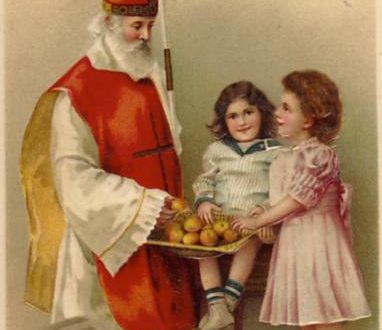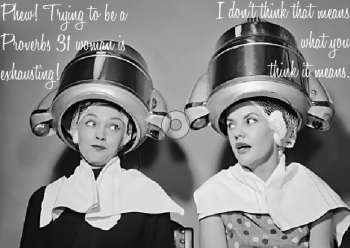I Love a Good Myth
The Bible is not a book of moralities. The Bible is the ultimate myth.
Now, before I am misquoted and extracted from context (although, to be
honest, I am not famous enough to warrant quoting or misquoting), let
me explain what I mean; let me define myth.
The Bible is not a book of moralities. The Bible is the ultimate myth.
Now, before I am misquoted and extracted from context (although, to be
honest, I am not famous enough to warrant quoting or misquoting), let
me explain what I mean; let me define myth.
Merriam-Webster defines myth as “a usually traditional story of
ostensibly historical events that serves to unfold part of the world
view of a people or explain a practice, belief, or natural phenomenon.”
Joseph Campbell says in his work, The Hero with a Thousand Faces,
that “throughout the inhabited world, in all times and under every
circumstance, the myths of man have flourished; and they have been the
living inspiration of whatever else may have appeared out of the
activities of the human body and mind. It would not be too much to say
that myth is the secret opening through which the inexhaustible
energies of the cosmos pour into human cultural manifestation.”
Everything in life, our philosophies, our behaviors, our arts, is
couched in the myth we believe of our world. I do want to clarify that
while I have learned much from Campbell’s work, I do not go to the
extreme of interpreting all of our dreams as an Oedipus syndrome. I
also believe that God did historically and literally meet His people,
that the accounts of the Bible represent historical occurrences. That
being said, I believe that the oral tradition before Moses, the written
account of Moses, the judges, the prophets, the kings, the poetry, the
wisdom, the gospels, and the letters, are important to us because they
are our myth, our story that marks us.
Think of the stories that define the United States: the tales of
George Washington, Ben Franklin, Abraham Lincoln. From them, as
Americans, we understand what it means to be brave, courageous,
patriotic, American.
The Bible is a story, or a collection of stories, that define a
people, that give the people identity. It explains their worldview. It
delineates how they see the world around them. It answers the
questions, “Why is the world like this?” and “What is my purpose?” The
Bible is the story that explains the world around us (as created by God
and fallen, corrupted by sin and evil), the direction of the world
(redemption and recreation as seen in Rev. 21 & 22), and our
purpose in the world today (glorify this Creator and Savior God, enjoy
His presence, and participate in His victory over sin and evil in our
lives and in the world by embodying His Truth and love). In the
collection of stories, there is nothing special about the people except
that they have encountered God. (This perhaps is different than other
Ancient Near East stories or Greek and Roman mythos which tended to
inflate the heroes.) We read the encounters with God. And we experience
the encounters of the holiness of God. We are an extension of this
metanarrative.



3 Comments
Donna
Oh dear. I’m not sure I know
Oh dear. I’m not sure I know what to do with this. I can agree with what you said except for the ‘fact’ that the Bible is God’s words to us, divinely inspired by Him. It is the stories and histories of His people, but God decided which stories and history to record for us. And He had a specific reason in mind… for each of us.
If the Bible is truly God
Heather A. Goodman
But this is precisely my
But this is precisely my point, Donna–because it is divinely inspired, we can trust it to understand our identity and purpose. We are part of God’s story. I’m arguing that the Bible is so much more than propositions and lists and systems. It tells me to whom I belong and why I am here and from whence I came and where I am going and how that affects everything I do today. It is the story of God acting throughout history, of him entering into his creation, and I am part of that story.
I brought up Joseph Campbell and the idea of myth not because Joseph Campbell had everything right or because I want to argue that the Bible is not true–which is the common definition of myth (and which I tried to make clear in my post)–but because though a sinner, Campbell had good ideas about an overarching story that guides us and helps us understand who we are and what our purpose is.
Donna
Amen. Like I said in my
Amen. Like I said in my first sentence, I was confused. I had the feeling that’s what you were saying, and that you were kind of playing devil’s advocate, giving us something to think about, but not sure. Thanks for letting me interact with you. It’s good to chew on the Word and throw thoughts around with ‘mature’ Christians who aren’t going to fall apart 🙂
Bless you! Donna